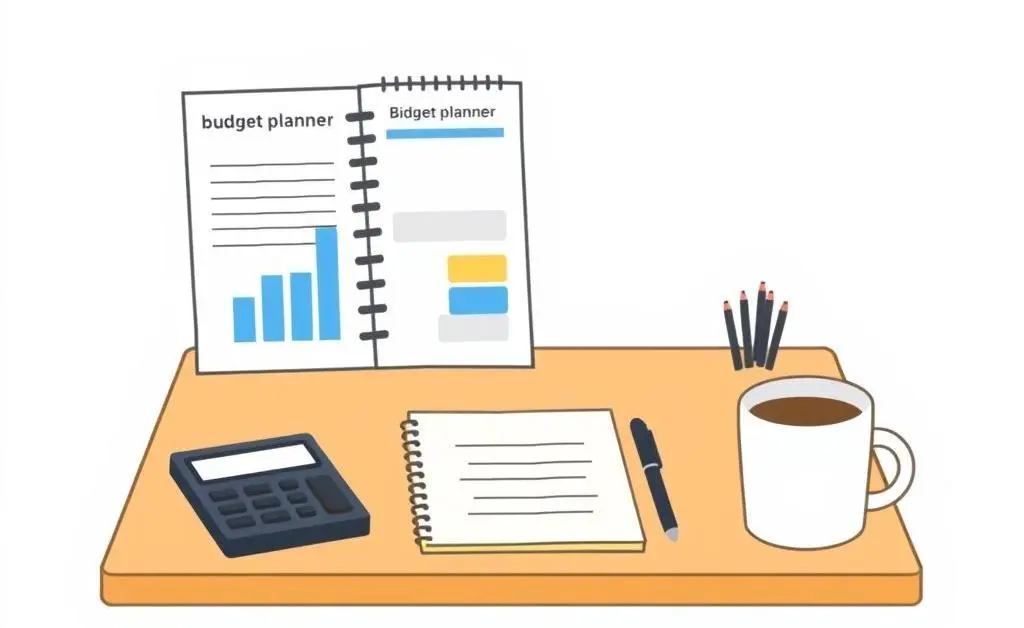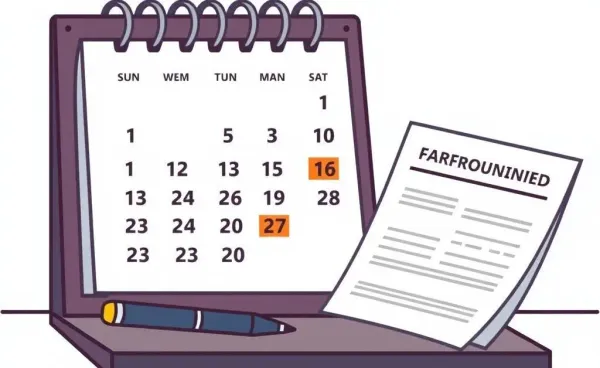Navigating Your First Year Out of College: Real-Life Banking Tips for Grads
Essential banking advice for new grads entering the real world.

Are you a fresh college graduate standing at the crossroads of adulthood, peeking anxiously at your empty checking account? You're not alone! Many new grads find themselves slightly lost when it comes to managing finances while stepping into their first job.
Start with a Budget
Let's face it; budgets aren't exactly thrilling dinner conversation material, but they sure can save you from financial headaches! Begin by listing your monthly expenses and income. Trust me, a simple budget spreadsheet has saved many a post-grad from eating instant noodles for dinner every day. Curious about what to include?
- Rent and utilities
- Groceries
- Transportation costs
- Student loan payments
- Fun and entertainment (because you deserve it!)

Understanding Banking Options
Once you've got a handle on your expenses, it's time to choose the right bank for you. Do you prefer the ease of online banking, or are you someone who wants the comfort of a brick-and-mortar establishment? Look for banks that offer free checking and savings accounts. You might want: this guide for free checking account options.
Credit: Friend or Foe?
Building good credit early is crucial, but it might feel like walking a tightrope. Focus on paying credit card bills on time and not maxing out your credit limit. A piece of (fictional) advice from my friend Jake: "Treat your credit card like your internship - great for learning, not for living beyond your means."
Strategies for Debt Management
Student loans? Yep, they're the real deal. Consider setting up automatic payments to stay ahead and look for refinancing options with better rates. Explore the Federal Student Aid's plans to see if you qualify for any relief.

Investing Basics
Now that you've got a grip on budgeting and banking, how about letting your money work for you? Start by exploring simple investment options like index funds to get your feet wet without the fear of drowning in stock jargon. You don't need a finance degree to start investing; even small, regular contributions can expand your financial horizon impressively over time.
Ready to Set Financial Goals?
Take a moment to set some financial goals. Would you like to travel, save for a home, or pay off your loans? A roadmap helps keep those dreams on the forefront.

In conclusion, navigating your finances doesn't have to be an uphill climb. Plan smart, and you'll find your stride in no time. How do you start taking control of your finances? Share your thoughts and let's keep the conversation going!




